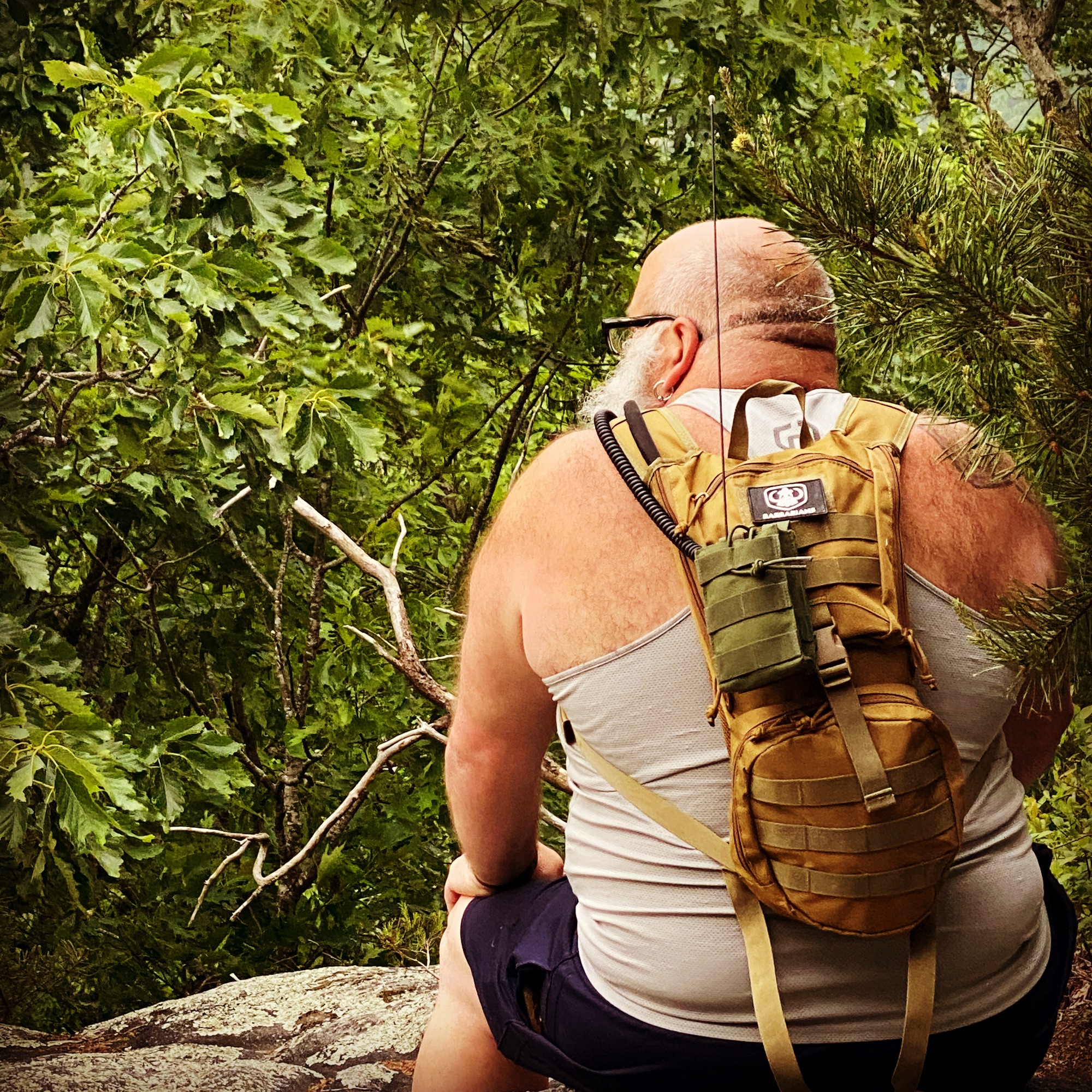Combat veterans face unique challenges as they transition from active duty to civilian life. Physical injuries, post-traumatic stress disorder (PTSD), anxiety, and depression can often make this journey overwhelming. While therapy, medication, and support groups are essential components of recovery, one surprising yet profoundly effective outlet for healing is gardening.
Beyond its reputation as a relaxing hobby, gardening offers a powerful combination of physical, mental, and emotional benefits that can significantly improve the quality of life for veterans. Let’s explore how digging in the dirt and nurturing plants can help combat veterans rediscover peace, purpose, and connection.
1. Gardening as a Stress Reliever
The structured and repetitive nature of gardening provides a calming rhythm to the day, helping combat veterans combat the stress and anxiety often associated with PTSD. Studies show that spending time in green spaces reduces cortisol levels, the hormone responsible for stress, while increasing serotonin, which boosts mood. Whether it’s pulling weeds or planting seeds, the simple act of working with nature can promote a sense of mindfulness and tranquility.
2. Physical Rehabilitation Through Gardening
For veterans recovering from physical injuries, gardening offers a gentle yet effective form of exercise:
• Building Strength: Tasks like digging, lifting, and pruning improve muscle strength and mobility.
• Low-Impact Activity: Gardening can be tailored to accommodate various levels of physical ability, making it an excellent option for those with chronic pain or limited mobility.
• Rehabilitation Tool: Activities like planting and watering help restore fine motor skills, improving hand-eye coordination and dexterity.
Every motion in the garden, no matter how small, serves a dual purpose: cultivating plants and fostering recovery.
3. Rediscovering Purpose and Accomplishment
After leaving the structure and mission-driven lifestyle of military service, many veterans struggle to find a sense of purpose. Gardening offers the opportunity to create something meaningful:
• Tangible Results: Watching plants grow from seeds into flourishing blooms or vegetables provides a sense of accomplishment.
• Nurturing Nature: Caring for living things fosters feelings of responsibility and renewal, helping veterans rebuild confidence in their abilities.
Gardening is a reminder that growth is always possible, even after the toughest seasons of life.
4. Building Social Connections
Isolation is a common experience for veterans transitioning to civilian life, but gardening can create opportunities for meaningful connection:
• Community Gardens: Participating in local gardening initiatives allows veterans to work alongside others, fostering teamwork and camaraderie.
• Shared Stories: Community gardening often becomes a safe space for veterans to bond over shared experiences, providing emotional support and understanding.
For those who find it challenging to talk about their experiences, gardening can serve as an unspoken language of healing and hope.
5. A Therapeutic Tool for Mental Health
Horticultural therapy—a structured approach that uses gardening to promote mental well-being—has been proven to help veterans cope with PTSD and depression. Gardening offers:
• Emotional Release: Digging, planting, and nurturing plants can serve as a productive outlet for emotions.
• Symbolism of Growth: For many veterans, watching plants thrive mirrors their own journey toward healing and renewal.
Horticultural therapy programs designed for veterans combine the therapeutic benefits of gardening with structured guidance, ensuring support at every step.
6. Cognitive Benefits
Gardening is more than a physical activity; it also engages the mind:
• Problem-Solving: Planning layouts, choosing plants, and troubleshooting garden issues keep the brain active.
• Mindful Distraction: Gardening offers a healthy distraction from intrusive thoughts, allowing veterans to focus on productive, life-affirming tasks.
By immersing themselves in the garden’s rhythms, veterans can find mental clarity and peace.
7. Nutrition and Financial Savings
For veterans looking to improve their overall well-being, gardening provides practical benefits:
• Homegrown Produce: Growing fruits, vegetables, and herbs encourages healthy eating habits.
• Cost Savings: Gardening reduces reliance on store-bought food, making it both a therapeutic and economical activity.
There’s a profound satisfaction in harvesting food you’ve grown with your own hands—a feeling that connects veterans to both nature and their roots.
A Path to Healing
For combat veterans, gardening is more than just a hobby—it’s a path to healing. It provides a safe space to reconnect with the present moment, rebuild physical and mental strength, and find purpose in nurturing life. Whether through a small home garden or participation in a community horticulture program, veterans can use gardening as a tool to grow not only plants but also peace, resilience, and hope.
Get Started
If you’re a veteran interested in exploring the therapeutic benefits of gardening, many organizations and programs cater specifically to your needs. Look for local veteran-focused gardening groups, community gardens, or horticultural therapy programs in your area.
Remember, healing is a journey, and like any garden, it begins with planting a seed.
Discover more from Inside the mind of Wade
Subscribe to get the latest posts sent to your email.



